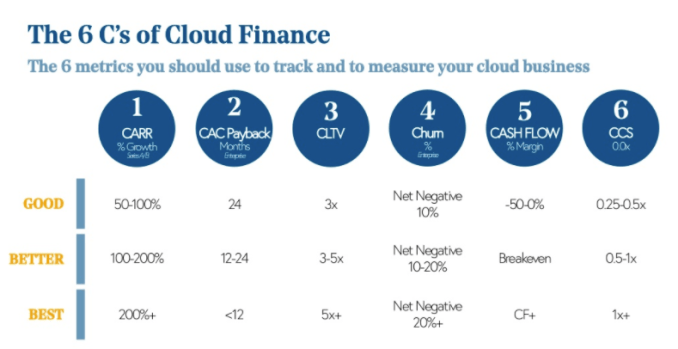Trying to raise money for a startup is never a walk in the park. Still, there are good times, there are bad times, and there is right now, a moment of uncertainty unlike anything that most of us have experienced in our lifetimes.
Even if a startup breezed through a fundraise before the world was disrupted by the Covid-19 pandemic, there’s a good chance that for the sake of business continuity, it needs more money now, particularly as revenue across so many sectors plunges.
Lowered or flat valuations are all but certain. Meanwhile, a separate question begged is what kinds of terms founders will face when they set up those Zoom calls, and numerous industry players suggest these could be more onerous than imagined.
“There are three categories of company at the moment,” offers Derek Colla, a Washington, D.C.-based startup attorney with Cooley. “Going back two months, you saw companies that were doing well and had investors asking to take their money; you had companies doing okay — close to plan — but not great; and companies that were kind of struggling, with investors who might bridge them.”
Now, says Colla, everyone has slipped a rung. “A good company might see a slight increase in price [when it closes on more funding], or just opening up that last round is pretty typical, partly because insiders don’t want the company to fail and partly they don’t want someone to come in and get a great deal and make them look stupid.”
Meanwhile, the company that was doing so-so is being asked to accept “not great terms.” Among these is taking a lower valuation or, if the company want to avoid one of these so-called down rounds, providing more stock warrants to its investors — contractual rights that enable the investors to increase their position in the future at today’s lower price.
Colla says he’s also seeing more companies in this second camp being asked to onerous terms on a more temporary basis, including year-long full-ratchet clauses that ensure that an investor’s shares aren’t diluted in later rounds if the valuation of a company drops.
Anecdotally, this is a small subset of a small subset for now. As lawyer Mike Sullivan, a partner and head of the corporate group in Orrick’s San Francisco office, notes, there simply aren’t a lot of deals being closed right now to draw any sweeping conclusions. “I haven’t seen investors try to take advantage of companies as a result of the crisis,” says Sullivan,” but I don’t have a lot of data points. I think it’s still too early to tell whether we’ll see the terms that we saw in the nuclear winter of 2001 and 2002,” after the dot-com boom ended.
One New York-based startup attorney with whom we spoke says that for now, the harshest terms are appearing in term sheets offered by mostly East Coast-based growth stage investors — firms that have always been more interested in metrics than a founder’s storytelling abilities.
Indeed, the terms don’t seen to be impacting Bay Area startups yet, where exceedingly free information flow may help ensure that venture investors don’t turn unreservedly predatory.
Earlier this week, for example, Fenwick & West published a report about the first quarter of this year in which it noted the slowdown in new deals due to the pandemic but said it isn’t yet witnessing an increase in terms like the senior or multiple liquidation preferences, ratchet anti-dilution or pay-to-play provisions that typically pop up in a significant downturn. (Pay-to-play provisions mean if a company needs to raise money and resorts to insiders for it, those who can’t or don’t want to contribute their pro rata share will see their preferred shares reduced to either common stock or some other subset of equity with fewer rights.)
The terms will never again make a widespread reappearance, says one longtime investor who asked not to be named. “The notion that people who need to be in this business for another 20 years could become gleefully predacious is largely a fiction.”
Entrepreneur and angel investor Jason Calacanis echoes the sentiment, saying that he has “heard about some folks wanting warrants and rounds being flat, but I haven’t heard about the 2x or 3x liquidation preferences from the dot-com bust era. [Founders] should only see this nonsense from the predatory VCs, and if [they agree to these] crazy terms, the problem is it can start the death spiral for the company.”
Only time will tell if they’re right. In the meantime, founders should absorb quickly that the game has changed, suggests Semil Shah, founder of the seed-stage firm Haystack.
While “optimizing” a funding round was something management teams could do not long ago, right now, “having the certainty of a close is more important. If someone offers fair or reasonable terms, you might not wait around and ask a bunch of people to try and get a better bid,” he notes.




